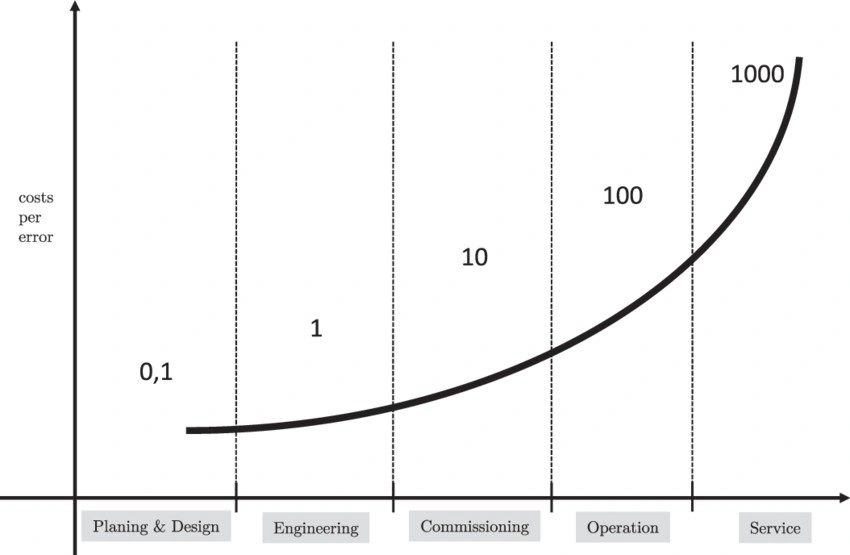A Practical Decision Framework for Business Owners
If you’re like most business owners, there’s a moment when you realize your website isn’t keeping up. Maybe leads are drying up, your competitors’ sites look sharper, or a new tool promises to automate half your admin tasks. So, who do you call—a web developer, or a web consultant?
Spoiler: it’s not always obvious. The world of digital services is filled with blurred lines and overlapping job titles. But making the right call can save you time, money, and a lot of future headaches.
Let’s break down the differences, where skills overlap, and how to decide what your business needs next. And yes—how web consulting can often save you more than just cash.
What’s the Difference? Web Consulting vs. Web Development
Let’s start simple.
Web Consulting:
A web consultant is a strategic advisor who helps you clarify your digital goals, spot gaps and opportunities, and map out an actionable plan. They don’t just ask “what do you want to build?”—they ask “why?” and “what’s the smartest way to get there?”
Think of web consulting as your digital roadmap:
- Reviewing your current website, tools, and processes
- Helping you choose the right platforms and priorities
- Creating a plan (and budget) to get the best ROI
- Advising on vendor selection, integrations, and user experience
- Keeping the focus on business outcomes, not just tech specs
Web Development:
A web developer is a technical specialist who builds, maintains, or customizes your site or digital tools. They turn plans into reality—writing code, integrating plugins, and making the site actually work.
Web development includes:
- Designing and building new websites or landing pages
- Coding custom features or integrations
- Troubleshooting technical issues
- Optimizing performance and security
- Implementing designs provided by you or your consultant
Overlapping Skills (and Why That Matters)
Here’s where things get blurry: Many consultants have development experience, and many developers can offer some level of consulting. But their focus is what separates them.
- Web consultants see the big picture: digital strategy, user experience, business goals, vendor management.
- Web developers focus on execution: turning specs into code, making sure everything runs smoothly.
Some solo professionals (like myself) wear both hats. But beware—jumping straight into development without a plan is like building a house without blueprints. The most expensive mistakes usually happen before a single line of code is written.
Decision Framework: Do I Need Web Consulting or Web Development?
If you’re not sure which route to take, start with these questions:
1. Do You Know Exactly What You Need?
- ✅ Yes: If you have a clear, detailed list (e.g. “I need a new landing page for my spring campaign”), a developer is usually the right fit.
- ❌ No: If you’re not sure what’s wrong, what you actually need, or how to prioritize, start with a web consultant. They’ll help you clarify your goals and avoid wasted spend.
2. Are You Trying to Solve a Business Problem, Not Just a Tech Issue?
- ✅ Yes: (e.g. “Why aren’t my leads converting?” or “How can I automate our onboarding?”) Consulting comes first. You may not even need a new site—a process tweak or better analytics could be the answer.
3. Are You Considering a Major Website Change or Investment?
- ✅ Yes: Bringing in a consultant before you commit budget to design or code can save you thousands. They can review proposals, write briefs, or help choose the right technology—so you only pay for what moves the needle.
4. Do You Have a Trusted Developer, But Want a Second Opinion?
- ✅ Yes: A web consultant is your advocate, making sure you’re not oversold or steered toward shiny but unnecessary tech.
5. Is There a Specific, Technical Problem You Need Fixed ASAP?
- ✅ Yes: (e.g. “My contact form is broken,” “Site is down,” or “I need to fix Core Web Vitals”) Call a web developer first. But if this is a recurring theme, consulting can help you fix the root cause for good.
6. Are You Rebranding, Expanding, or Pivoting Your Business Model?
- ✅ Yes: Start with consulting. Major shifts in branding or business model are the perfect time to assess your entire digital landscape.
How Web Consulting Actually Saves You Money
It’s easy to see consulting as an “extra” expense, but the reality is the opposite. Here’s why:

1. Preventing Expensive Mistakes
Ever built a website only to realize you picked the wrong platform, missed a key integration, or ended up with something your team hates to use? A consultant helps you get it right the first time.
2. Objective, Vendor-Neutral Advice
Unlike agencies who may push their own stack, a web consultant has no vested interest. You get honest recommendations that put your needs first—no hidden upsells or bloat.
3. Better ROI on Every Project
By focusing on business outcomes, a consultant ensures your digital spend directly supports your goals. No more money wasted on nice-to-have features you never use.
4. Smarter Prioritization
Not every pain point needs a big fix. Sometimes, a consultant can suggest small changes—like tweaking a call-to-action or integrating automation—that deliver outsized results.
5. Reducing Scope Creep
When you start with a clear plan, projects stay on track and on budget. That means no costly surprises, rewrites, or last-minute “urgent” extras.
6. Empowering Your Team
Consulting isn’t just about a one-time project—it’s about building your internal digital literacy. With the right advice, your team gets better at managing, updating, and optimizing your digital presence going forward.
A Few Real-World Scenarios
Scenario 1: You want to redesign your website, but aren’t sure what your audience actually needs. Start with an audit to check your current website, analyze analytics, and set priorities. Then hand the brief to a web developer to bring it to life.
Scenario 2: You’re launching a new service, and need a dedicated landing page, fast. If you know what you want—layout, copy, CTA—go straight to a developer. But if you’re unsure about messaging, target audience, or funnel steps, consulting adds huge value upfront.
Scenario 3: You’ve had a few “failed” website projects in the past—over budget, underwhelming results. A consultant can step in as your advocate, reviewing proposals and holding vendors accountable, so this time you get what you’re paying for.
Scenario 4: Your business is growing, and you’re overwhelmed by all the “digital transformation” advice out there. Consulting helps you separate hype from real opportunity, building a sustainable digital roadmap instead of chasing every trend.
So… Which Do You Need Right Now?
- If you want clarity, strategy, or a digital action plan—hire a Web Consultant.
- If you have a clear, well-defined list of technical tasks—head straight to your trusted Web Developer.
And if you’re somewhere in between? That’s perfectly normal. In fact, many projects begin with consulting and then flow smoothly into development, with less wasted effort and stronger results.
Still not sure which is right for you? Get in touch for a quick, no-pressure chat. I’ll help you figure out where to start—so you get the digital results you actually want, with zero fluff.




